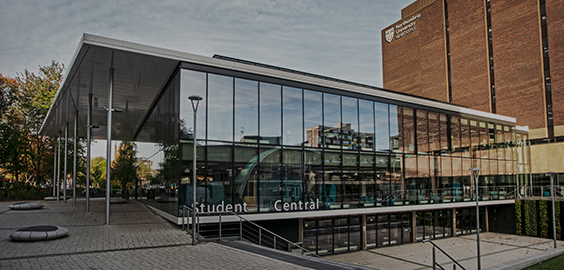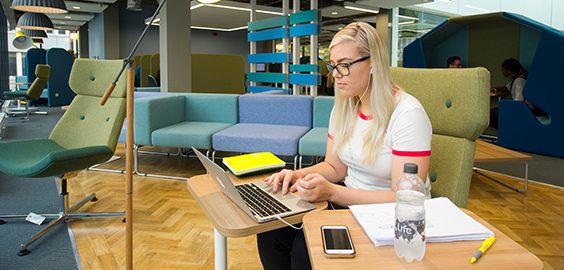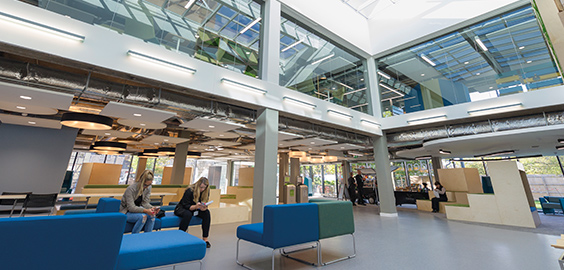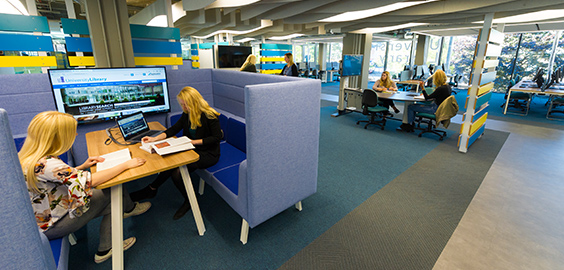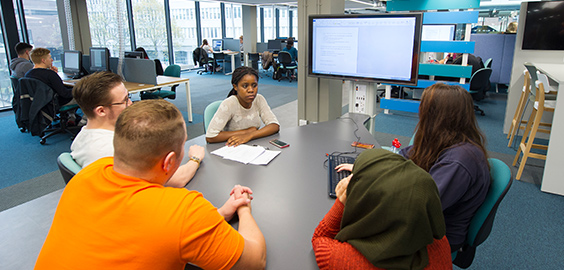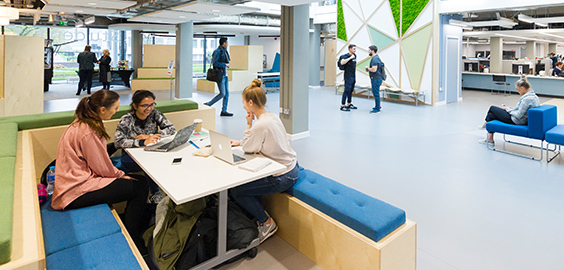How is this Biochemistry BSc course structured?
Students begin their course with an introduction to the range of subjects fundamental to the application of biochemistry, covering biological, medicinal and analytical chemistry, together with cell biology and genetics. First year students will actively participate in laboratory practical sessions, to assist their understanding of the theoretical material delivered in lectures.
In the second year, students will further their knowledge and skills base across a range of topics integral to the study of biochemistry including human metabolism, molecular biology, cellular and molecular analysis, genetics, bioinformatics, organic chemistry and analytical methods.
Prior to the third year, students can choose to complete a placement year either in the UK, or internationally. The prospect of gaining industrial experience is a fantastic opportunity and it can make a real difference at the job application and interview stage, when students enter the post-graduation marketplace.
During the final year of the programme there is a chance for students to specialise their studies, when they undertake a year-long, laboratory based, research project in a particular biochemical discipline. The project is individual to each student and is designed to accelerate learning, technical ability and confidence. The projects are conducted each Friday across both semesters of the final year, in modern, well equipped laboratories housed in the Department of Applied Sciences at the City Campus of Northumbria University. Furthermore, students have the option to pick modules designed to suit their specific interests and begin to develop their own specialisms, the option choices include Genomics and Industrial Biochemistry and Bio-catalysis.
How will I learn during this degree?
Independent learning is a key component of the programme and a number of modules are based around this premise, leading to students being able to problem solve and work independently – skills much sought after by the employers of today.
The advantage of a nurtured curiosity, generated from a range of problem-solving modules, is that it creates analytical and critical thinking graduates with clearly evidenced opinions. Graduates of the Biochemistry course will have developed an ability to recognise, apply and adapt biochemical concepts in the wider scientific community, including those that are specifically related to the real world.
 Option for Placement Year
Option for Placement Year Option for Study Abroad
Option for Study Abroad

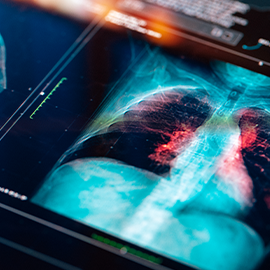
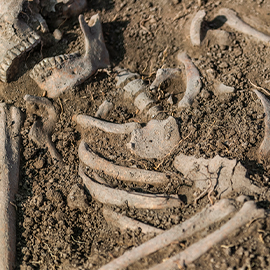
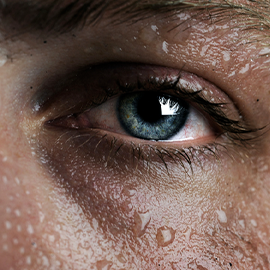
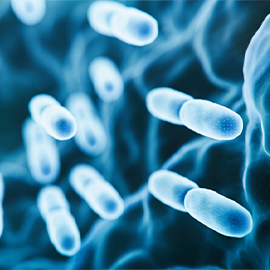
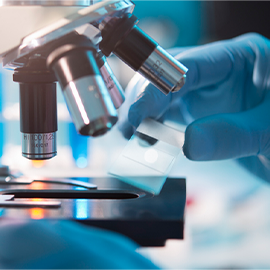


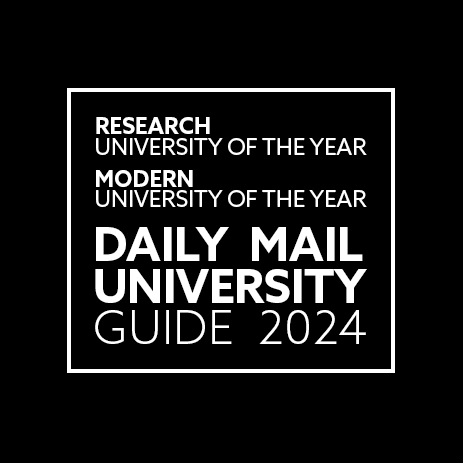



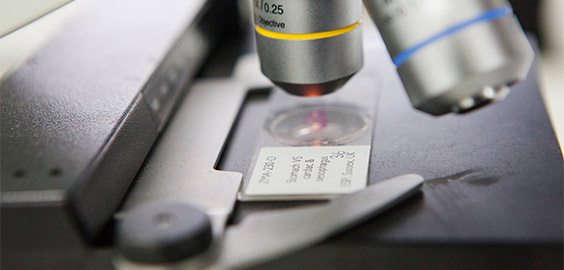
.jpg?modified=20201119191511)
